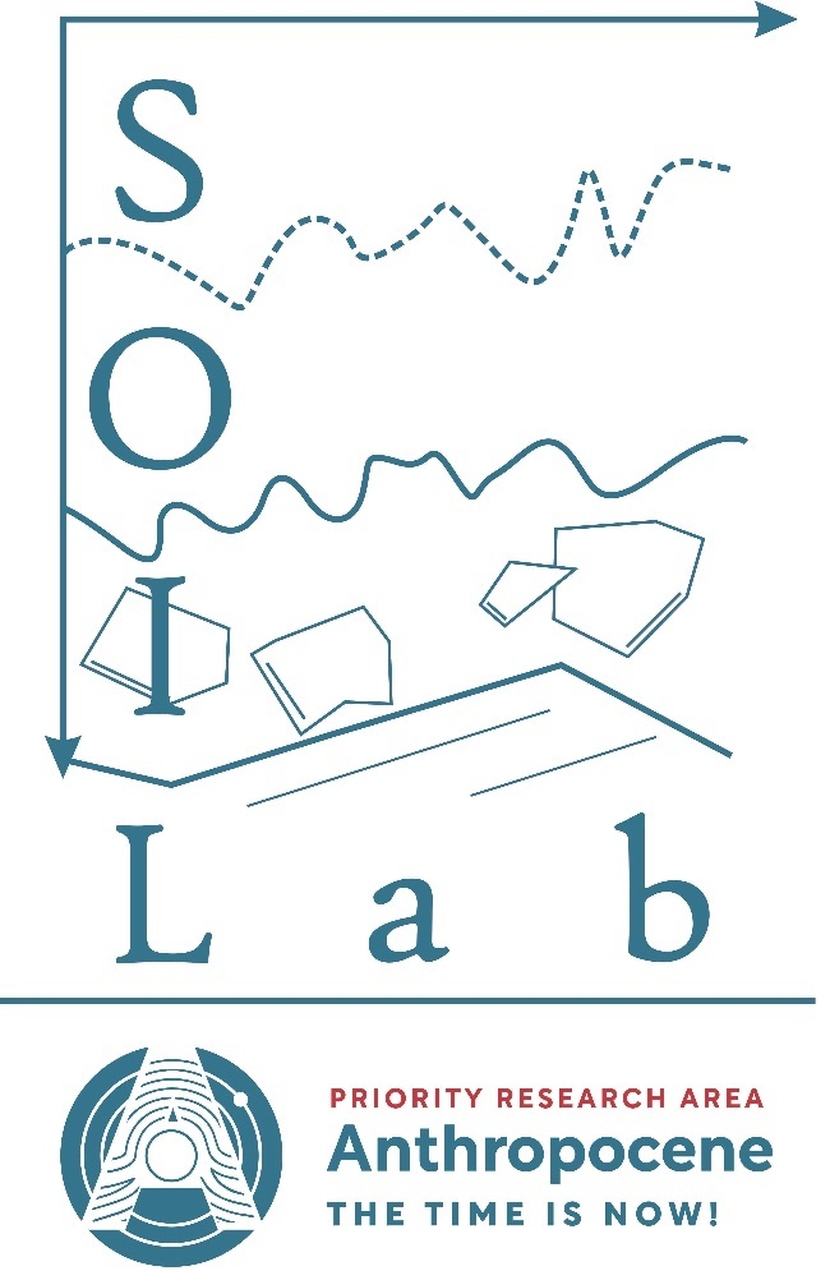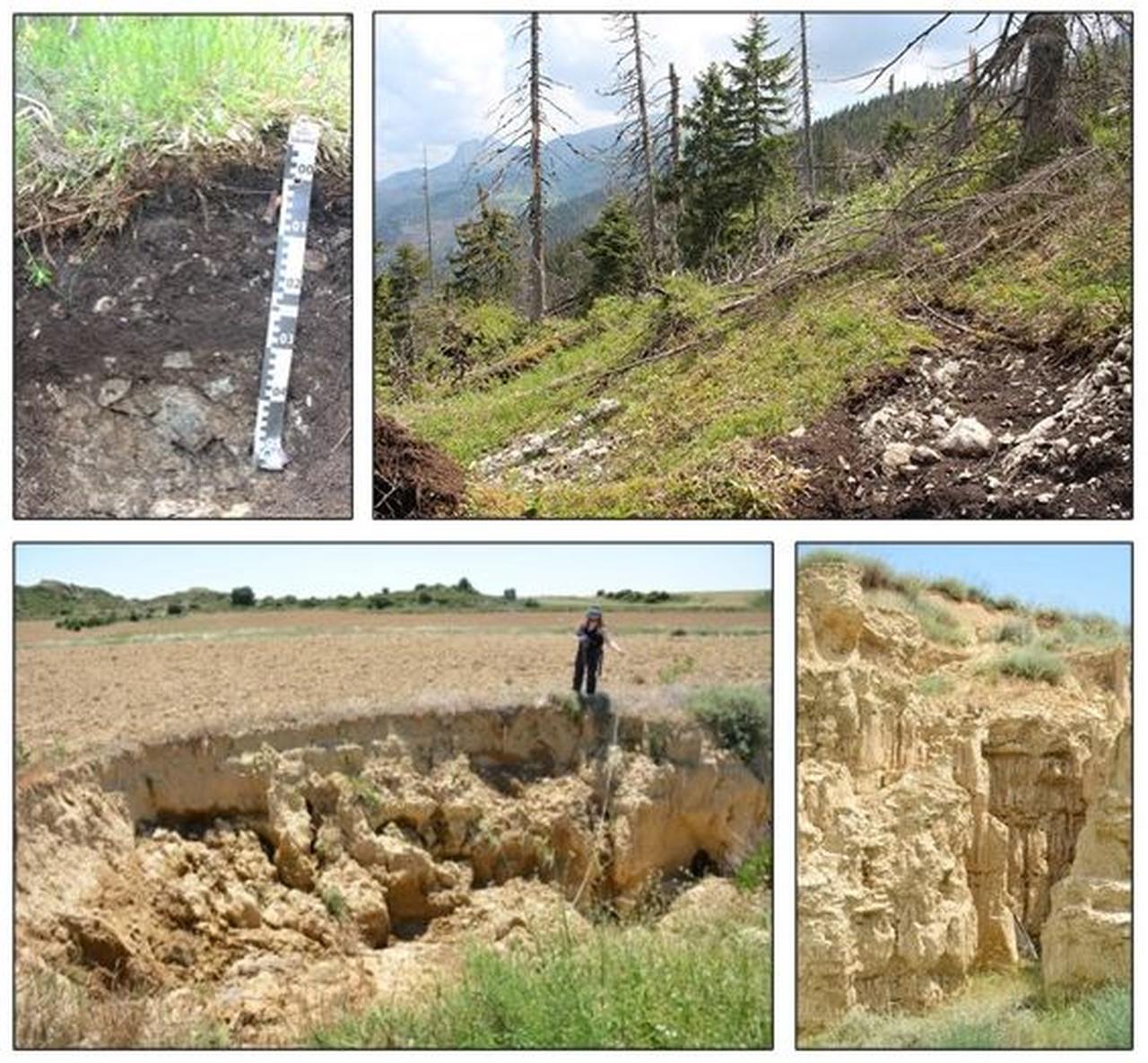
 Web Content Display
Web Content Display
Web Content Display
Web Content Display
 Breadcrumb
Breadcrumb
Breadcrumb
Breadcrumb
 Web Content Display
Web Content Display
Web Content Display
Web Content Display
 Soil is not only a part of our landscapes and cultural heritage, but also provides ecosystem services critical to life on Earth. It filters water, provides essential nutrients, water, oxygen, and support to the roots, as well as all elements that favour the growth and development of plants for food production – 95% of food is directly or indirectly produced from soils. It contributes to mitigate climate change by keeping or increasing soil organic carbon. Furthermore, soil hosts 25% of world biodiversity.
Soil is not only a part of our landscapes and cultural heritage, but also provides ecosystem services critical to life on Earth. It filters water, provides essential nutrients, water, oxygen, and support to the roots, as well as all elements that favour the growth and development of plants for food production – 95% of food is directly or indirectly produced from soils. It contributes to mitigate climate change by keeping or increasing soil organic carbon. Furthermore, soil hosts 25% of world biodiversity.
The environmental changes arising from the Anthropocene such as land use changes and soil erosion processes have clearly demonstrated that human society depends on soil more than ever before. Therefore, better recognition of its hazards and the challenges brought by the Anthropocene is a crucial step toward sustainable development and counteracting the negative effects of the human-dominated era.
The project aims to:
The research is carried out in one of the most vulnerable areas in the world, i.e., mountainous and hilly regions in temperate (Poland) and semi-arid regions (Spain).
SOIL Lab members are soil scientists, geomorphologists, biologists, foresters, and social geographers from Jagiellonian University, Institute of Nature Conservation (Polish Academy of Sciences), KU Leuven, and the Pyrenean Institute of Ecology (Spanish National Research Council CSIC). The diverse research team allows for a holistic overview of the importance of soils in nature and society.
Presentations on conferences: